
Kinetis® KL4x-48 MHz, USB, Segment LCD, Ultra-Low-Power Microcontrollers (MCUs) based on Arm® Cortex®-M0+ Core
The Kinetis® KL3x MCU family combines ultra-low power performance with a rich suite of analog, communication, timing, and control peripherals for consumer and industrial metering applications.
Part numbers include: MKL33Z128VLH4, MKL33Z128VMP4, MKL33Z256VLH4, MKL33Z256VMP4, MKL33Z32VLH4, MKL33Z32VLK4, MKL33Z64VLH4, MKL33Z64VLK4, MKL34Z64VLH4, MKL34Z64VLL4, MKL36Z128VLH4, MKL36Z128VLL4, MKL36Z128VMC4, MKL36Z256VLH4, MKL36Z256VLL4, MKL36Z256VMC4, MKL36Z256VMP4, MKL36Z64VLH4, MKL36Z64VLL4.
Quick reference to our documentation types.
1-5 of 69 documents
Please wait while your secure files are loading.
3 design files
Please wait while your secure files are loading.
1-5 of 14 hardware offerings
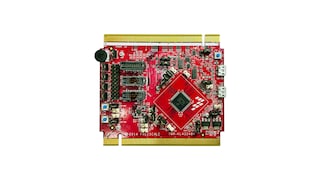
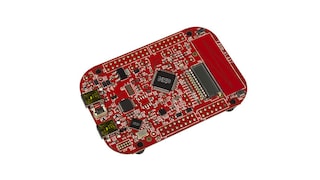
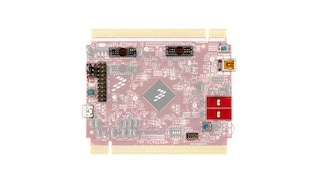
Additional hardware available. View our featured partner solutions.
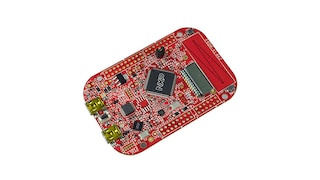
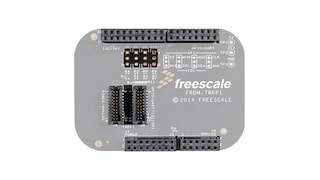
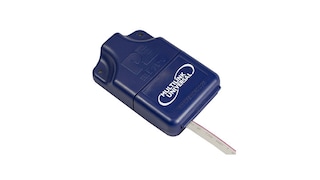
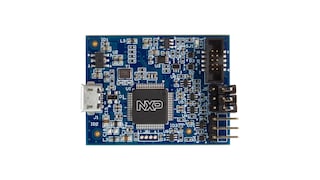
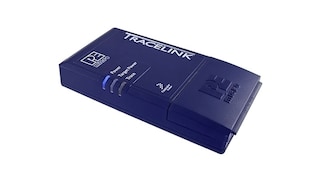
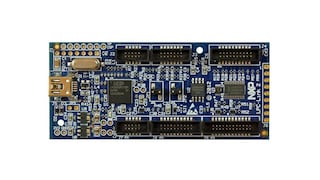
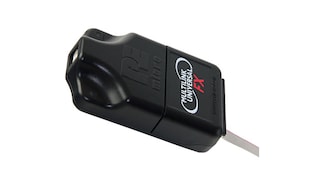
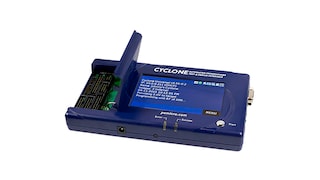
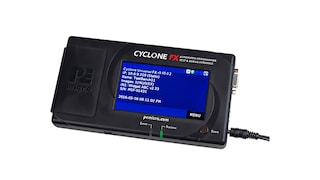
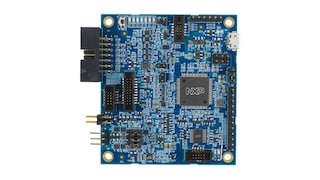

1-5 of 23 hardware offerings
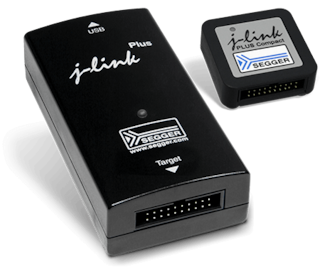
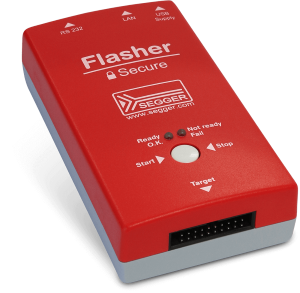
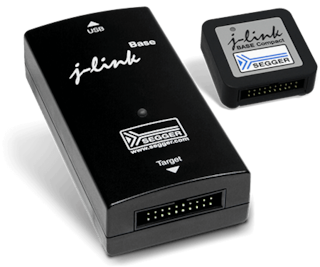
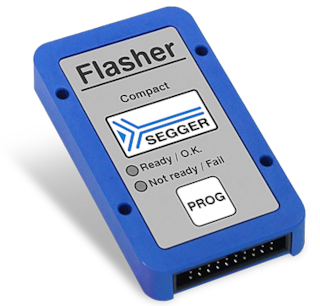
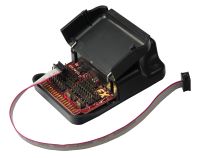
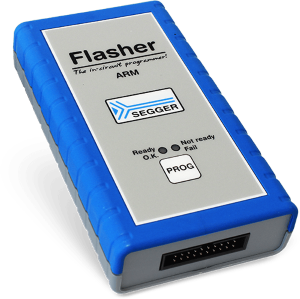
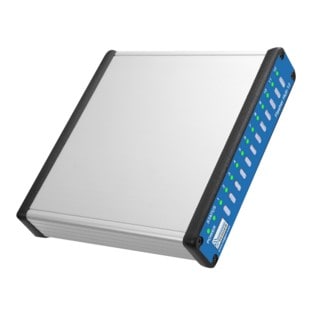
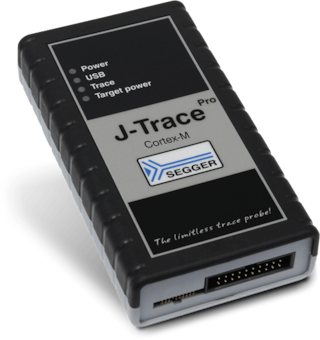
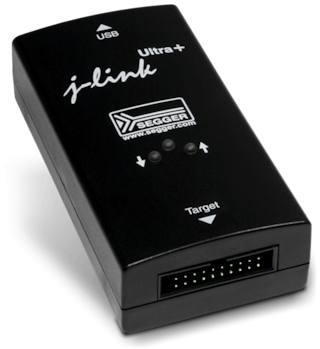
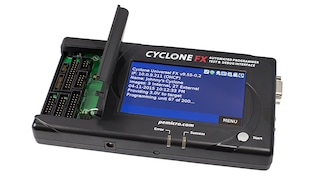
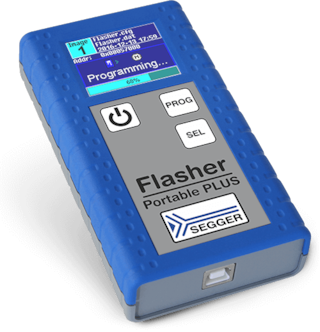
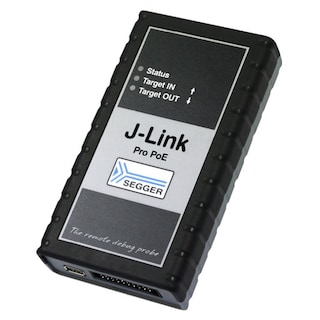
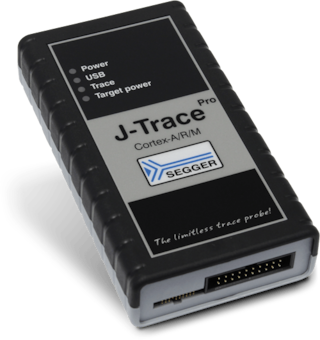
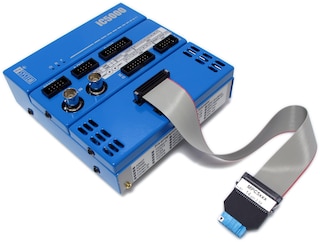
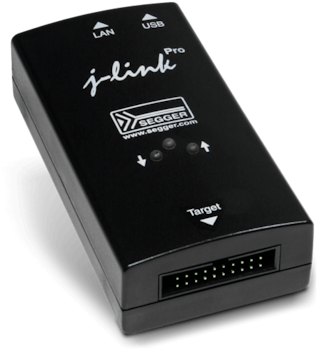
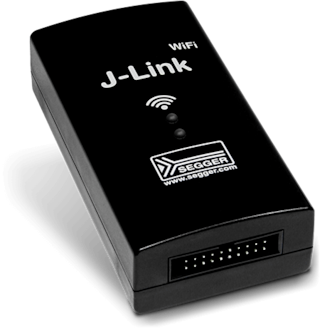
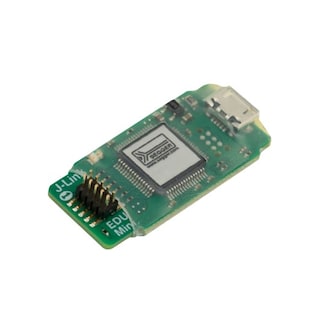
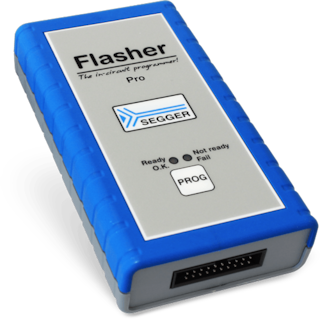
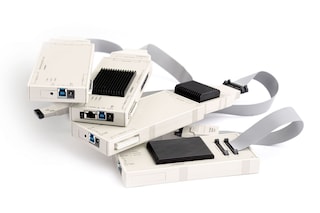
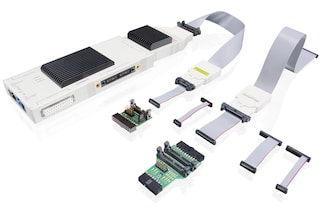
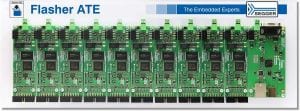

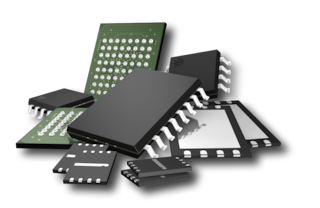
To find additional partner offerings that support this product, visit our Partner Marketplace.
Quick reference to our software types.
1-5 of 17 software files
Additional software available. View our featured partner solutions.
Note: For better experience, software downloads are recommended on desktop.
Please wait while your secure files are loading.
1-5 of 39 software offerings









.svg?imwidth=300)


























.svg?imwidth=300)


To find additional partner offerings that support this product, visit our Partner Marketplace.
1-5 of 15 engineering services




.svg)










There are no results for this selection.
To find additional partner offerings that support this product, visit our Partner Marketplace.
1 trainings
5 trainings
To find additional partner offerings that support this product, visit our Partner Marketplace.